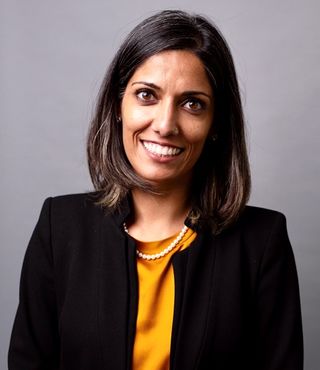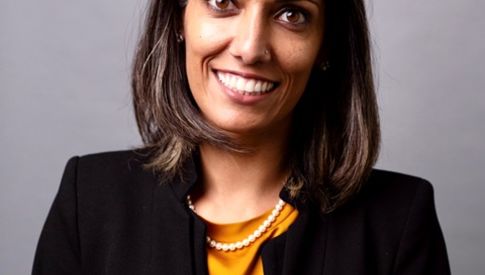We’re Stronger Together
With your help, we can make ambitious innovations in clinical care and education for our community.
Our Rheumatology Fellowship program nurtures and develops students and health professionals into rheumatology specialists. Our graduates are proficient in providing compassionate, patient-centered care to underserved populations and are competent in furthering knowledge through engagement in scholarship.
As a fellow in our program, you will have the opportunity to work with an exceptional, multidisciplinary team of faculty and staff committed to providing you a phenomenal training experience. Our two-year curriculum is designed to balance clinical, research, and teaching experiences.


Welcome to the Rheumatology Fellowship program! We appreciate your interest, time, and effort in reviewing our program. I personally take pride in the growth and development of this program, which started from just three faculty when I first joined in 2015 to now six rheumatologists and a nurse practitioner at Loma Linda University Health in addition to three rheumatologists at the VA.
With your help, we can make ambitious innovations in clinical care and education for our community.